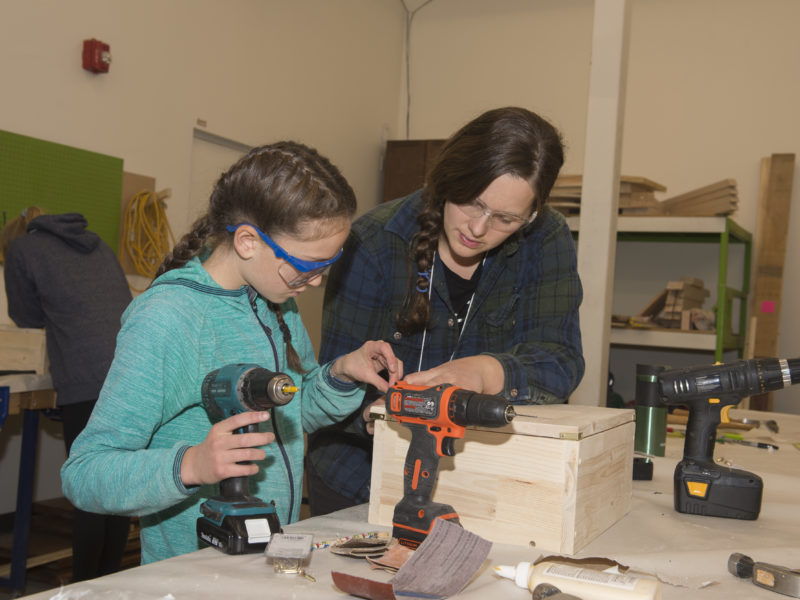Innovation Projects
Project
Black African and Caribbean Entrepreneurship Leadership (BACEL)
The overarching goal of this program is to empower Black entrepreneurs across Canada through comprehensive skills building, mentorship and networking opportunities designed to address the needs of these entrepreneurs at different stages of their journeys, including ideation, validation and scaling up.
Project
Building Resiliency and Sustainability for the Bio-Economy to Withstand Disruption
Led by BioTalent Canada, the project “Building Resiliency and Sustainability for the Bio-economy to Withstand Disruption” tackled pressing issues faced by the Canadian bio-economy during the COVID-19 pandemic.
Project
Examining the Outcomes of Zero-Fee Education in Building a Resilient, Inclusive Economy in Rural Alberta
This project aimed to provide free training to underserved populations and build resilience among workers in the community through skills acquisition in the midst of ongoing economic transformation and uncertainty.
Project
What We Know and What We Need to Know about Adapting Experiential Learning to the Digital Economy
This project reviewed the management literature on the digital economy to better understand what knowledge and skills managers need to bring about a more equitable version of the digital economy, and how managers could learn these critical skills.
Project
Skills Match — The Energy Fit
The Skills Match—The Energy Fit project had the broad goal of addressing the skills gap in Canada’s energy industry by using innovative tools, namely virtual reality (VR) technology and an interactive website, to facilitate career transitions.
Project
Micro but Mighty: Sector-Specific Microcredentials for a Recovering Hospitality and Food Service Industry
The Hospitality Workers Training Centre (HWTC) developed and launched sector-specific microcredentials as a promising solution to the sector’s increased demand for short and cost-effective training solutions.
Project
Doing It Right
The Doing It Right project, based in the Yukon, sought to address the barriers faced by women and gender-diverse individuals in the skilled trades.
Project
Digital Fluency for the Workforce
This project aimed to enhance digital fluency among under-represented groups, including youth, newcomers, racialized individuals and people with essential skills gaps.
Project
ArtWorksTO
In an effort to more accurately reflect the diversity of the population, there is a great demand for equity-deserving artists across the arts and culture sector. However, careers in arts and culture most often involve non-traditional employment, with professionals taking up multiple employment opportunities, including self-employment, entrepreneurship and contract jobs within a range of organizations.










